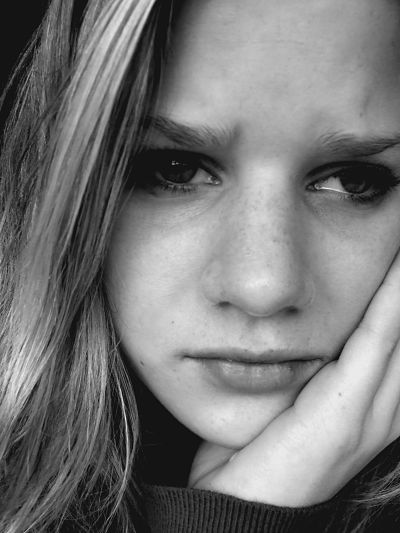 Stressed at work?
Stressed at work?
A report by Chartered Counselling Psychologist, Dr Kevin Wright which was presented at the 17th Annual BACP Research Conference in Liverpool, on 6-7 May 2011 has suggested that men and women react to work place stress in different ways. This does not surprise me at all. It’s interesting to me how men and women differ in their approach to life and their response to therapy.
Wright has found that men have more stress than women and deal with it very differently. Men tend to take less days off but turn up to work when they are not well enough to do their jobs and put in a poor effort as a result.
How does the report say men and women cope with stress? Again, no big surpises. Men tend to either go seek help and deal with it (by finding a counsellor for example) or do nothing at all and attempt to deal with their negative feelings by drinking and crossing their fingers that things will get better. Women are more likely to deal with the stress by shouting at their partner or work colleagues or by becoming depressed. Women are better at getting help from friends and family than men, who tend not to talk to people close to them.
So what can we learn from this report? Well, many of the findings are not surprising. That women are less stressed than men may also be linked to the finding that part time staff are less stressed than full time staff and more women are part time. There must be a link between women sharing their problems with their friends and family and men bottling it all up.
Here are some suggestions for both sexes that I am making from information in the report and from my experience as a therapist:
Men:
- Feel your feelings. Allow yourself to get in touch with your feelings and express them.
- Talk to your nearest and dearest about how you feel.
- Take time off work if you need it – no point in “being strong” and paying the price later by having a breakdown or being off for long periods of time. Take a day off, look after yourself and go back to work when you feel able to be productive.
- If you feel yourself struggling, get help. The answer will not be found in the bottom of a pint glass. Counsellors and therapists are trained to help you so use them just as you would a doctor if you had broken your leg.
Women:
- Explain to your partner what you are feeling and talk things through rather than shouting.
- Seek professional help. Friends are a great source of support and if you need further help don’t feel bad about getting support from a therapist or counsellor. Counsellors are trained to help and take a very different approach to friends. You may find this alternative source of support very useful.
- Look after your man – he is likely to suffer from stress more severely than you!
These are just a few suggestions and I am very interested in hearing what you have to say about how you deal with stress and your experiences with stress. Just write your ideas in the box below.
To read the full article check out: http://www.medicalnewstoday.com/releases/224521.php
 In the last article I looked at
In the last article I looked at Grief is a common issue facing clients but it’s not reserved just for those that have had someone close to them die. Why is grief such a common issue? This article aims to answer this question and explain the stages of grief. My next article will give some suggestions for
Grief is a common issue facing clients but it’s not reserved just for those that have had someone close to them die. Why is grief such a common issue? This article aims to answer this question and explain the stages of grief. My next article will give some suggestions for